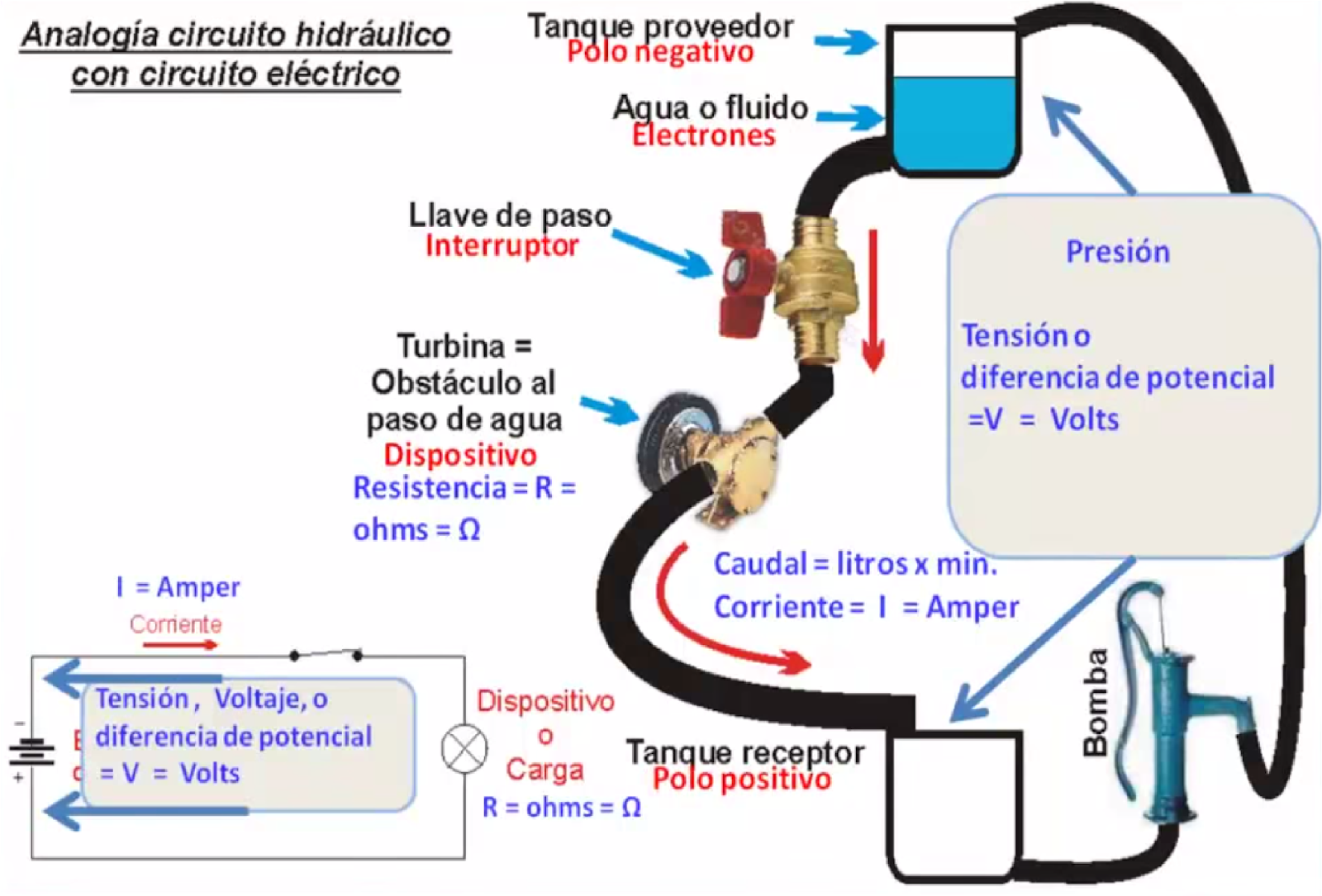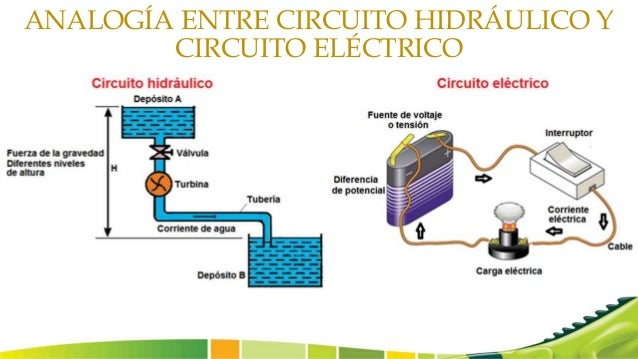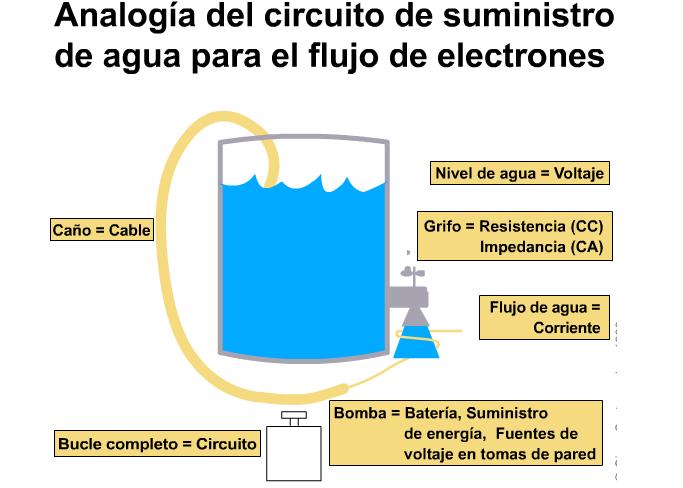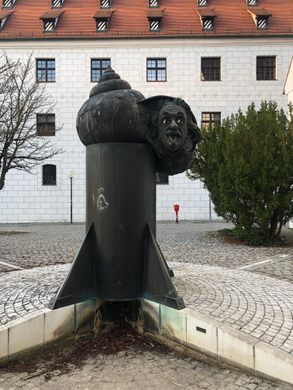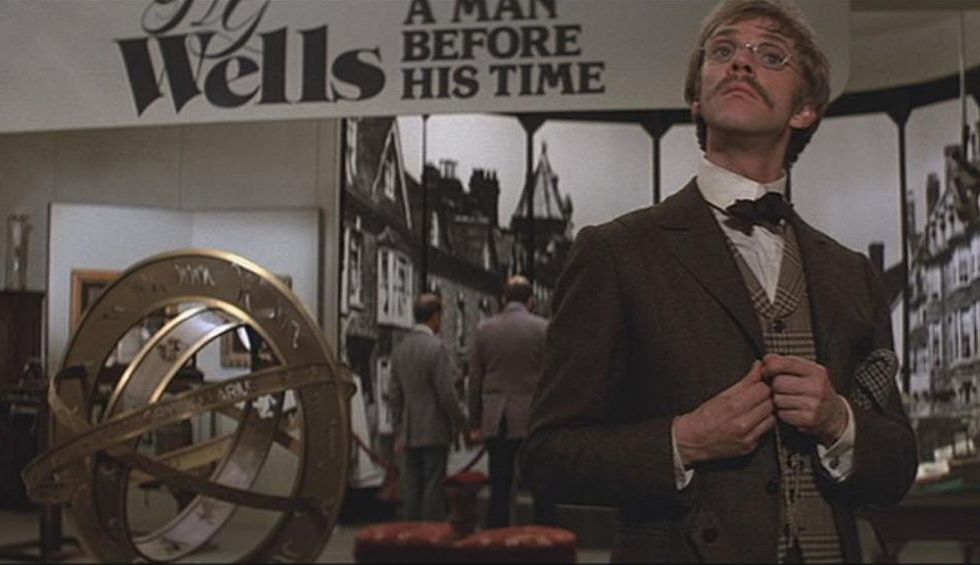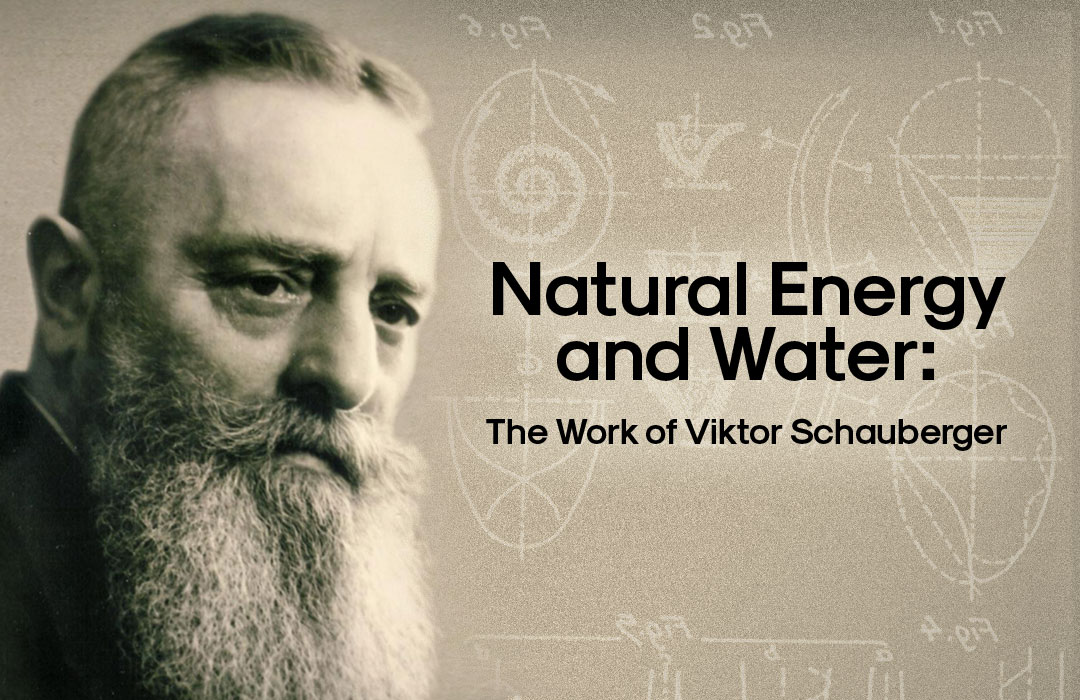I’ve always been fascinated with time. Everything about it interests me. One of the most intriguing aspects of time is that it’s all about motion, in one way or another. The earth rotates on its axis and revolves around the sun. This gives us the hours of the day and the seasons of the year. An analog watch is a model of the movement of the sun, a model loosely based on its moment through the day.
Without the movements of our planet, would time exist? It seems obvious that it would, but we wouldn’t be around to notice it.
For those of us who study astrology, time is extremely important. We give meanings to planets and make note of their movement through our solar system in relation to the earth. Through these symbolic maps, we make predictions of what is coming, or explain what has already happened, as best as we can. In this way, time is much more than just the measurement of movement. It’s a book from which great knowledge may be discerned, depending upon the skill of the observer.
Any discussion of time usually leads to the common, but all-consuming question that so many have asked over the millennia. Is it possible to time travel?
The author, H.G. Wells put forth his idea about what might happen to our planet and eventually to the human race in his novel, “The Time Machine.” He painted a bleak picture of the future, but presented a savior in the form of a man from his own century, rushing to the rescue of humanity.
He wasn’t alone in a dystopian vision of the future, nor in his belief that only someone from our time could save it. This has always been one of the problems for me when reading stories or watching movies about time travel. I have more hope for the future. Every era essentially takes care of itself, although we often can’t begin to imagine how.
The Ethics of Time Travel: Non-Intervention
It’s for this reason that if there is to be any sort of time travel, I believe we should adopt an attitude of non-intervention. What worked for me culturally in 1970 would definitely not work for me in 2016, and trying to impose those archaic ways would get me into trouble. Traveling through time demands an ethical and ideological adherence to observing only, almost an impossible act.
Many science fiction authors focus on moving backwards, into the past, and accidentally changing something that creates a pretty rotten future. Other authors put forth the idea of deliberately trying to change the past and then speculate that no matter how hard they try, time travelers can’t change what has been destined to occur. Shows like the 60s classic, “The Time Tunnel,” tried, every week, to right the wrongs of time, to no avail. Despots still came to power. Ships still sank. Zeppelins were still fated to fiery disasters and the fabric of time remained unchanged.
In science fiction stories where time is successfully altered, the essence of reality is shifted, every now and then for the better, but more often than not in a disastrous manner.
The philosophy of time travel is something that has been pondered for a long time. Time loops, paradoxes, erasing one’s own birth by keeping parents from first kisses, and other truly disturbing thoughts have been worked over by every sort of media. That’s what makes it all so wonderful, daring to ask, “what if?”
Is Time Travel Possible?
I decided to ask my search engine, “Is time travel possible?” I expected to get the old answers, the ones ridiculing the idea and pointing their fingers at me for asking the question in the first place.
Instead, I was stunned to find physicists not only embracing the possibility of time travel, but engaging in experiments that have actually proven Einstein’s theory of relativity and time, notably the flying clocks experiment. Remarkably accurate clocks flying over the earth were found, upon returning to the ground, to be slightly slower than their counterparts here on earth, thus proving Einstein’s theory of general and specific relativity to be correct. The clocks in the jets had essentially travelled forward in time, to the future.
As a non-physicist, discussing all this makes me nervous, but what the heck, it’s all relative anyway. The research on time travel has made great theoretical strides, but from what I’ve been able to glean, we’re not much closer to success in actually breaking through the time barrier. Some of the greatest names in the field, including Dr Stephen Hawking, Dr Ronald Mallett and Dr. Brian Cox, completely believe in time travel.
You’d either have to move close to or faster than the speed of light, or find a wormhole to transport you, but scientists are working on just that.
I urge you to read Hawking’s and Mallett’s ideas on the topic, as they’re fascinating, and to be quite frank, a lot to chew on. I admit that much of it is beyond me, but an image has formed in my mind and I’d like to share with you.
Imagine that you are standing at the bottom of a hill. At the top of the hill is a fence. The fence represents the speed of light. Everything at the bottom of the hill is the present. If we begin to climb the hill, we’re still in our present, but the closer we get to the fence, the more time slows down for us. Once we climb to the top of the hill and are standing next to the fence, time is moving very slowly, much slower than at the bottom. The other side of the fence represents moving faster than the speed of light, and takes us into the past.
Let’s say we managed to jump the fence or find a hole to slip through. If we were able to move far enough beyond the fence, eventually we would be able to turn around and see ourselves at the bottom of the hill before we started upward, because the further away we get from the fence the more we overtake the past. How about traveling to the future? Let’s go back to climbing the hill. If we get to the top and stand next to the fence for an hour, because time moves much more slowly for us near the fence, when we descend back to the base of the hill, many years will have passed, as time moved faster below.
This means we will have traveled into the future. It’s all about speed, light, time and space, and is filled with possibilities.
Time Travel in Folklore
As a metaphysician, everything these esteemed scientists have said fits nicely into my world. It’s something that we believers have discussed for centuries. You may remember the tale of Rip Van Winkle, as well as numerous other stories of supernatural creatures who lure unsuspecting humans into their fairy rings, homes or bowling alleys. In their world, a few hours spent in party mode can equal decades, if not centuries, in our world.
There’s a riveting genius about such stories that almost seems to predict the scientific discoveries that have evolved over the past years. It makes me wonder if there isn’t some truth to those warnings of Fairy Rings and accepting shelter in stone huts on freezing nights on the peat bogs, only to discover that upon returning home, the octogenarian answering the door is one’s own great, great grandson. As mass approaches the speed of light, time slows down. Perhaps these other-worldly beings have a different energy structure than we do and being in their world can draw mere mortals into their space time reality. I’m not saying that such beings actually exist, although it would be silly to deny that they do.
Reverse Time Travel
I’ve had some personal experiences with what I was certain was time travel. Over the years, I’ve thought it all over and I’m not sure that there was any actual travel involved, but I do have a theory as to how one might be able to travel backwards in time, and here it is. According to physicists, it’s impossible to move back in time before a point when the machine designed to facilitate that travel was turned on. That presupposes a mechanical method of time travel, but what if there’s another way?
There is a method of reverse travel that stands out clearly to me. If we could travel faster than the speed of light, we would be able to surpass the present and enter the past, watching it unfold before us, the further we go. If this were possible, we’d be able to choose where we stopped.
There a lot of ifs, ands and buts in all of this, but I’ll ask one question. What is the speed of thought?
Scientists will immediately sit up at their desks and raise their hands, making urgent sounds to be recognized so they can answer. You in the back. Yes you with the slide rule. “The speed of thought must be connected directly to the speed of synaptic responses within the brain and cannot possibly be any faster than those biochemical exchanges will allow.”
My response to this logical answer is this: what if thought, a mystery no matter how you cut it, can move faster than the speed of light? What then? Is it possible to meditate to another time? Food for thought.
When I was in high school, I spent quite a bit of time walking through a graveyard near my school. I wasn’t unnerved and it didn’t seem morbid to me. It was respectful, peaceful and always put things in perspective. There were times when I felt the weight of mortality pressing upon me, especially on gorgeous days, but for the most part, it reminded me that the departed had once been on the planet as we are now and that time overcomes everyone.
As I read the grave markers, it occurred to me that I wanted to do something different. I hatched a plan to have a monument created, one made of something that would last, placed in a relatively conspicuous place. It would say something to the effect of, “Time travelers, please read! My name is Mo and these are the dates of my tenure on this planet. If you are reading this and can move through time, I would appreciate it if you would come visit me. I have some questions I’d like to ask you.”
It just occurs to me that the Internet is pretty much forever and that this is about as conspicuous a venue as there can be. Hmm. Maybe those experiences weren’t just dreams or way too much coffee. Only time will tell.
Until next time, I wish you all peace and love.




